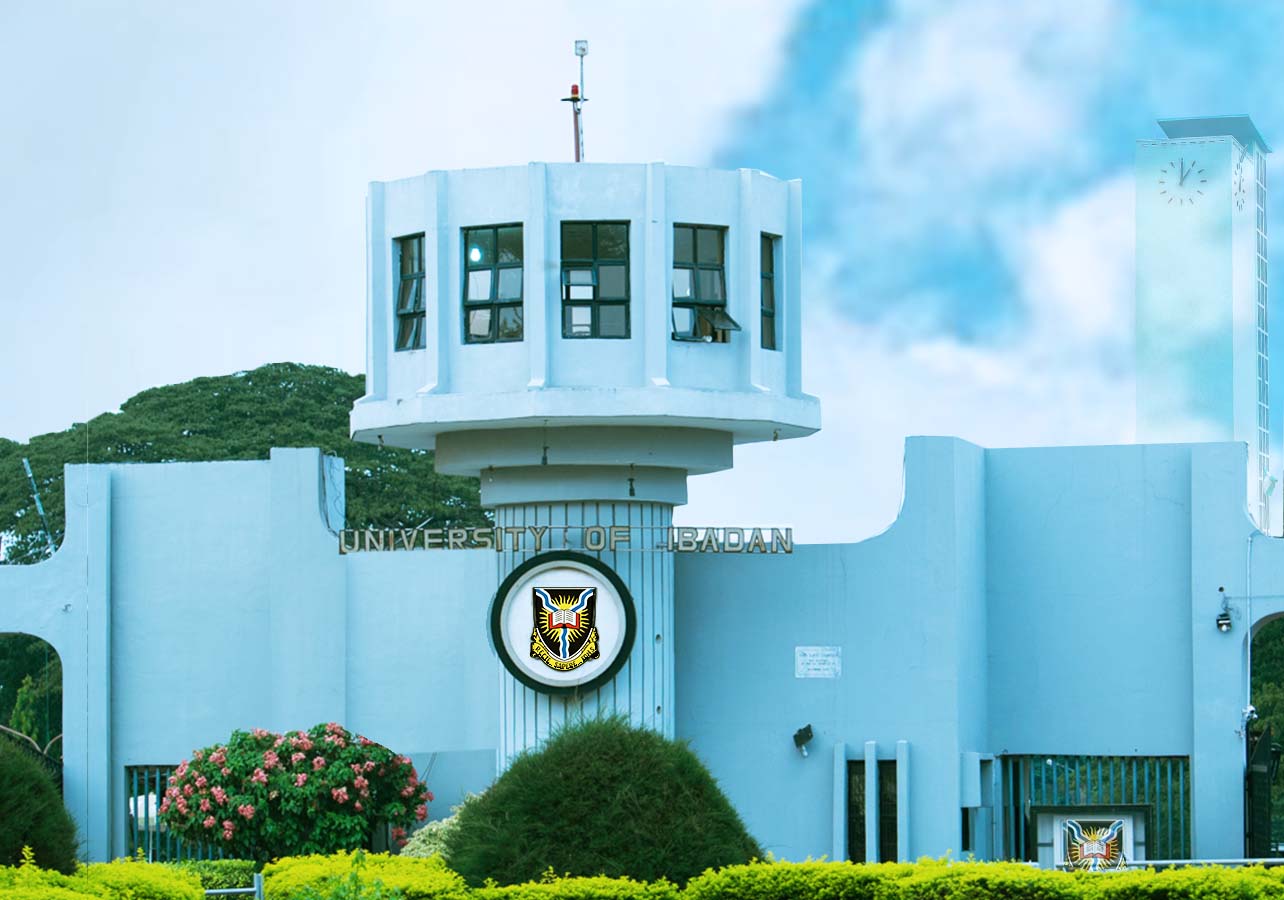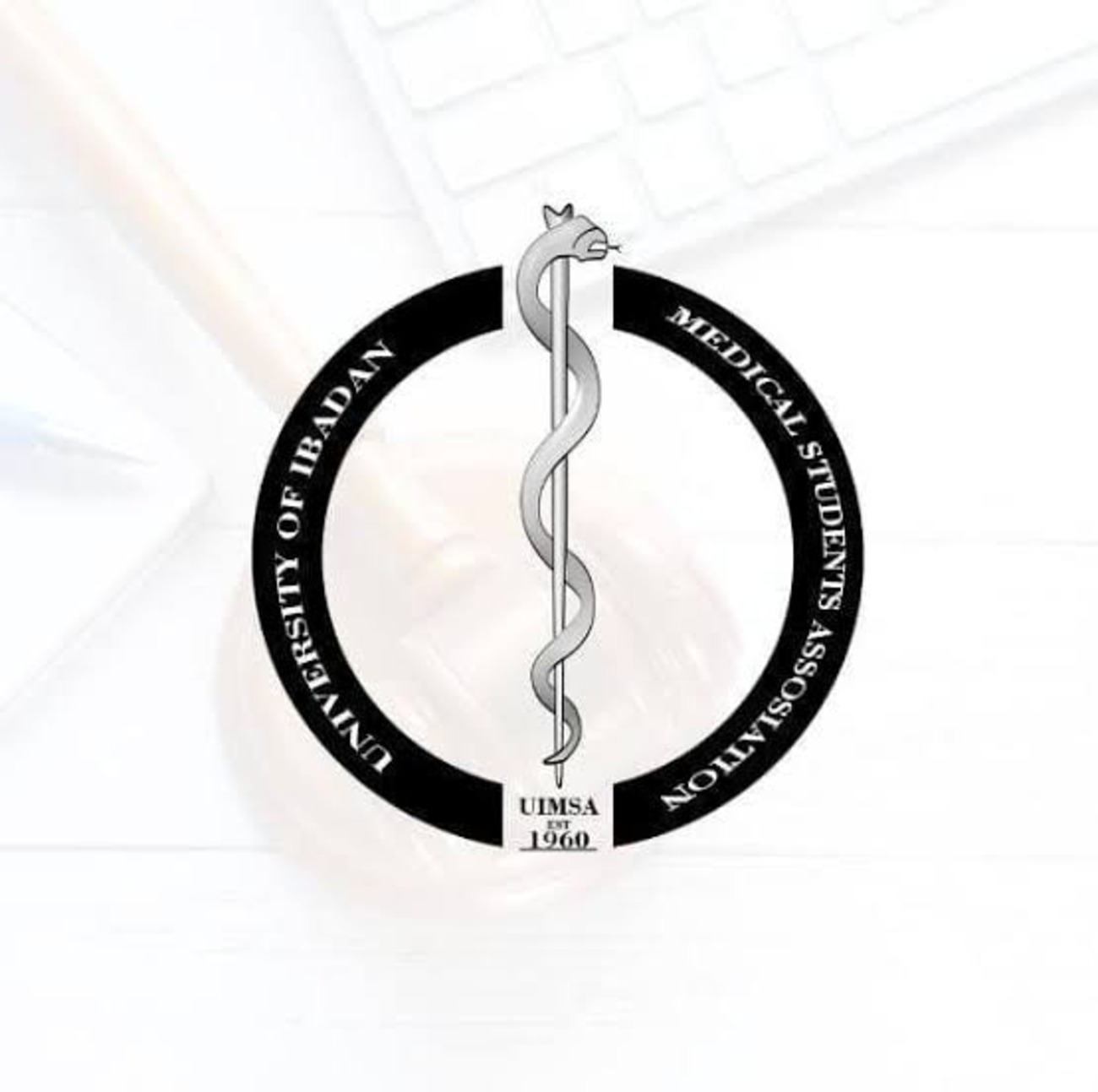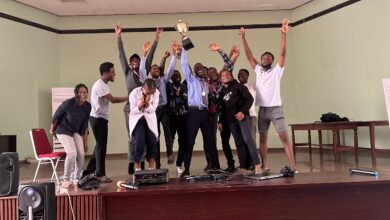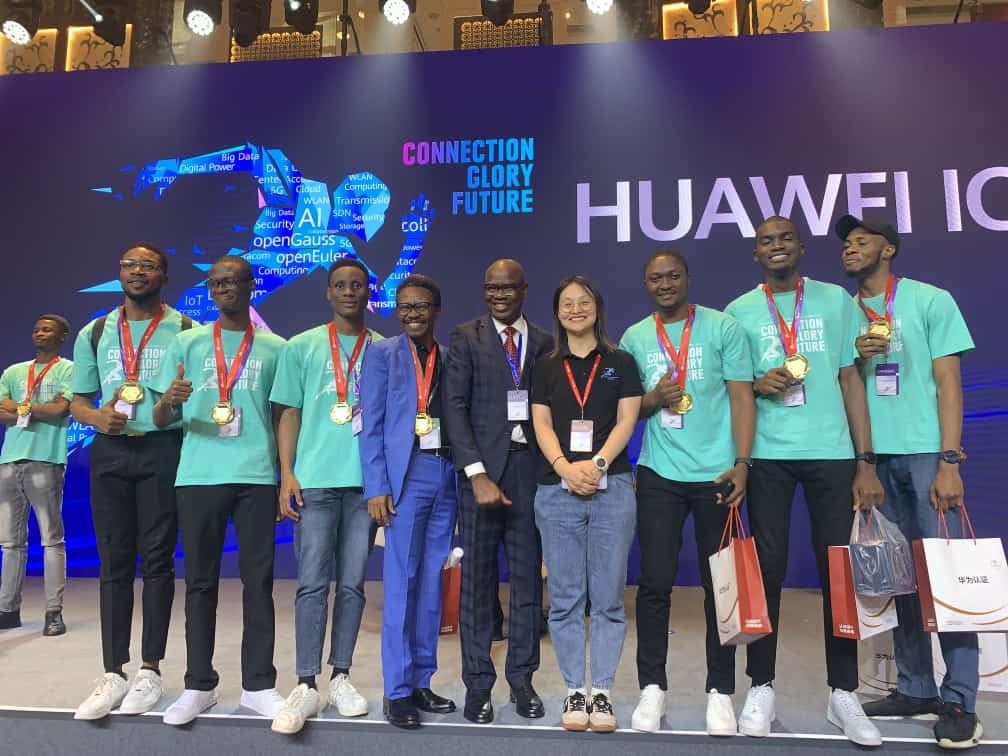LIGATURE PROJECT: Interviews With Tech-Savvy UIMSAites 2.0
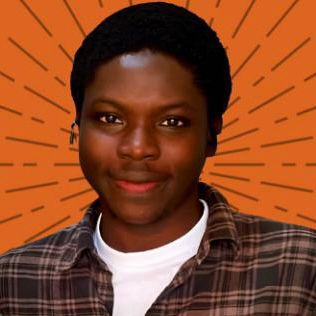
Q: Hello, Abdulquddus. It’s a pleasure to speak with you today. Would you please introduce yourself to us?
Abdulquddus: I’m Abdulquddus Ajibade, a 6th-year medical student in COMUI, an artificial intelligence and machine learning engineer and researcher, and a digital health innovator.
Q: Wow. Thank you. So, we promise we’re not stalking you, but we’ve gone through your LinkedIn, your GitHub, and your beautiful portfolio and, to say the least, it’s very impressive. What inspired you to embark on this tech adventure?
Abdulquddus: Lol it’s fine, I do that a lot too.
Well, I’ve always loved the idea of innovation, although not sure how to start. Then I did a bit of research and realized medical school wouldn’t be a hindrance to my dream. The idea of saving so many lives at once and the thought of the magic AI could do in healthcare inspired me. Then I did more research and connected to some experienced folks in the field who pointed me in the right direction.
Q: Given your demanding medical school schedule, when and how did you find the time to learn this tech skill?
Abdulquddus: Hmm, started partially in 200L (2019), I had a friend who used to code, then I didn’t have a phone so I read books and practiced a little HTML on my phone lol. Well, that only fueled my interest. Then I attended the AI-for-Saturdays boot camp in UI. COVID came, I stopped. Then I started back in 2022 after several efforts — I joined an accountability group, following a webinar my friend organized. Been pushing hard since then, till I found my steps well.
During that period of learning, on weekends and free days, I spend about 10 – 15 hours learning, practicing, and building. And on school days, I go about 4 hours. I also document my journey (in the form of projects and posts) to inspire myself and some of my friends. I connected to a lot of CS and tech guys who inspired me a lot. Also “sapa” was kinda obsessed with me at the time, little did it know it was motivating me lol.
Q: We’ve also seen that you’re looking into transforming healthcare with AI solutions. Could you briefly walk us through how you think this can be done?
There’s been a lot of breakthroughs. There are so many technologies to implement already and so many ideas to innovate. Just look for a niche, For instance, I’m more interested in Clinical LLMs and medical imaging, I worked with some companies in this field and I’ve built some virtual assistants, some already in use. I’d done some research in medical imaging, published a paper, and presented in conferences. These are ways to go about it. Collaborate with experts in the field to guide you. Volunteer in roles to learn and build. And when you’re experienced enough, target health tech companies to get a role, or start your startup if that interests you.
Q: So far, what has been the most challenging aspect of your tech career so far?
Abdulquddus: Balancing it with studying medicine and surgery has been the greatest challenge. I had to take a social media break for almost a year because I couldn’t keep up with my folks in CS and other fields, most of whom were not even students. A lot of missed opportunities because of our school schedule but I wasn’t surprised nor disappointed since I knew the risk before starting. I battled with imposter syndrome and burn-outs a lot of times.
I also had challenges getting roles that would fit my background and schedule, though I eventually did many times.
I also had and still have challenges attending conferences, local and international as many clash with tests, exams, and maybe an important part of the posting
Q: How have you seemingly successfully managed to balance your tech and medical careers?
Abdulquddus: I can’t say I have. There’s no balance really. But I try to make sure one doesn’t affect the other so much. I make sure to inform my bosses of my medical schedule before taking any role. I make sure to inform them before my exams and that helped make things easier for me. Although at the expense of my hobbies (I stopped playing volleyball and reduced my chess time (couldn’t get myself to stop lol).
Q: Phew, it’s nice to hear you’re not only about medical school and AI engineering. Let us in on what a 6th-year medical student/engineer/researcher does for fun.
Abdulquddus: Break? Most times I just gist and hang out with friends. I play games too sometimes but you’ll likely find me ‘gisting’ or sleeping at my leisure.
Q: In truth, a lot of us medical students have attempted to break into tech, often driven by FOMO or ‘sapa being obsessed with us’ as you put it. However, it hasn’t always worked out. I think we have very few cases like yours where it does. What would be your message to people in this category towards achieving the level of commitment you have?
I would advise you to never give up. Medical school is just a phase and it doesn’t get better, until you graduate, lol.
So there’s no better time to start than now, except if you intend to start after school, which might be a bit more difficult ‘cos you would be more interested in money.
So get accountability partners (diligent ones that would actually ‘intimidate’ you). Join communities and make sure you participate. Speak with experienced guys often, reach out to them on LinkedIn, and do that a lot even when you’re not learning. Just to keep your motivation fueled. It’s okay to take a break, it’ll be easier to continue if you’ve been documenting your journey so do that a lot too.
Build projects as you learn. It’s very competitive out there, no one cares if you’re a medic. So it’s not easy to convince people you know something if you don’t have interesting and well-documented projects on your Git Hub.
Write certification exams if you have the privilege. Volunteer in projects even if you don’t have enough experience, many people are friendly and very ready to help.
Never be intimidated by folks from other fields, not even CS guys. Many successful tech guys out there are also self-taught and created time outside their normal day-to-day schedule. So you can do it. Manage your time well, cut out distractions, and remember, if you want to do something many people don’t do, you would have to stop doing what many people do. Sounds weird but works for me a lot.
Q: Wow, thank you. That is a lot of points to take home. Do you think you could recommend some starting ground to someone starting out in tech?
Abdulquddus: Not very familiar with what is in vogue now but then it was Coursera, DataCamp, Udacity, Udemy, and YouTube. Attend boot camps (like Medics in Tech), summer schools, and learning internships.
Q: You mentioned collaborating with experts earlier, so you should probably expect UIMSAites in your DMs over the next couple of days, btw. We hope you don’t mind.
Abdulquddus: Sure definitely. That’s fine.
Greatness Abraham.
